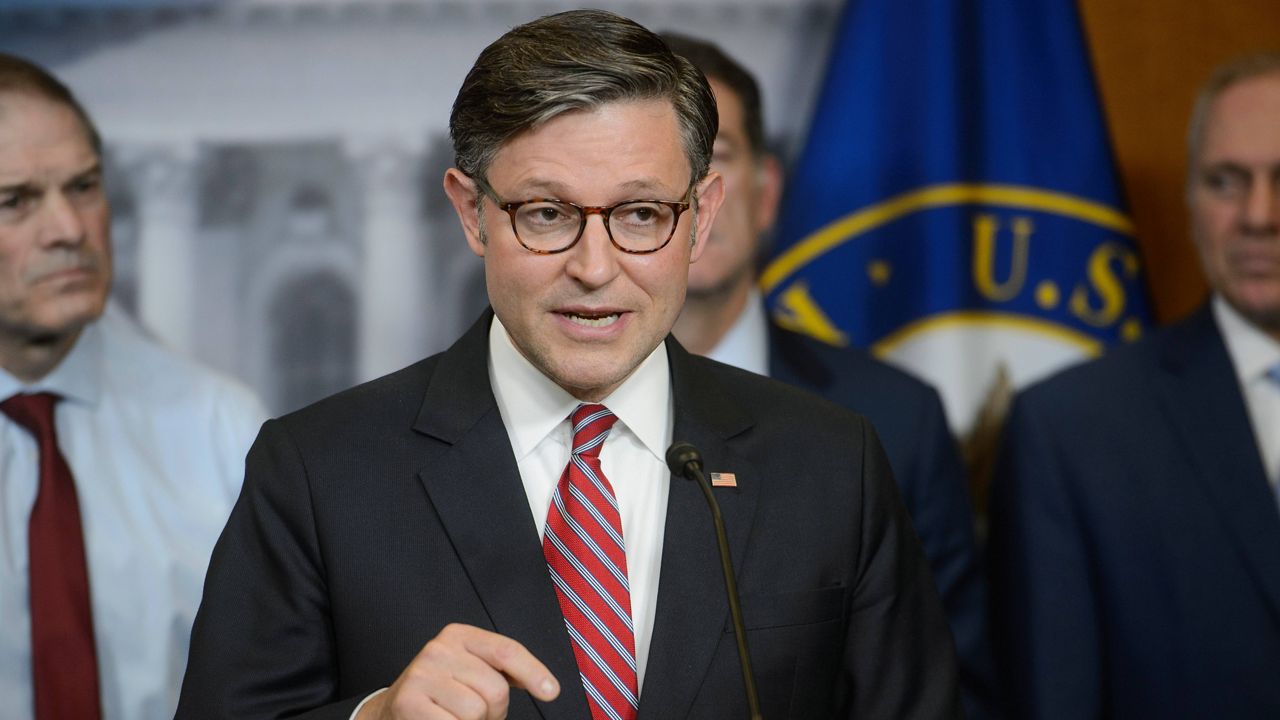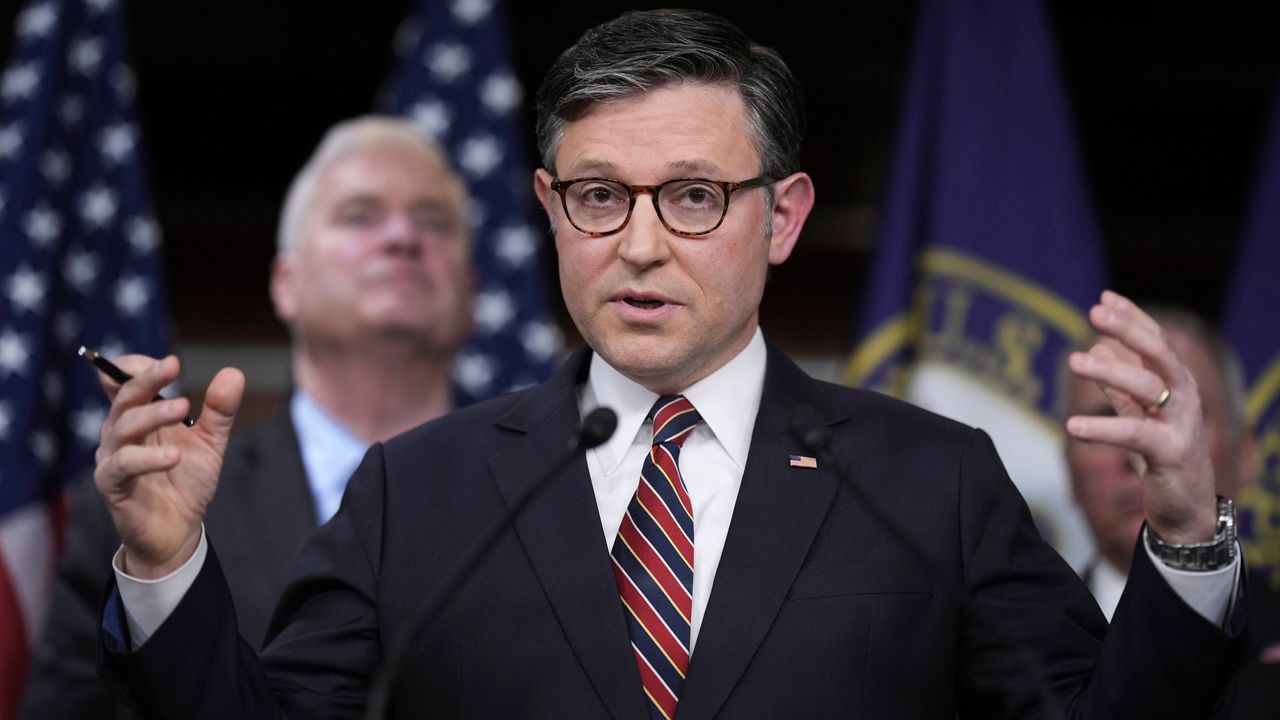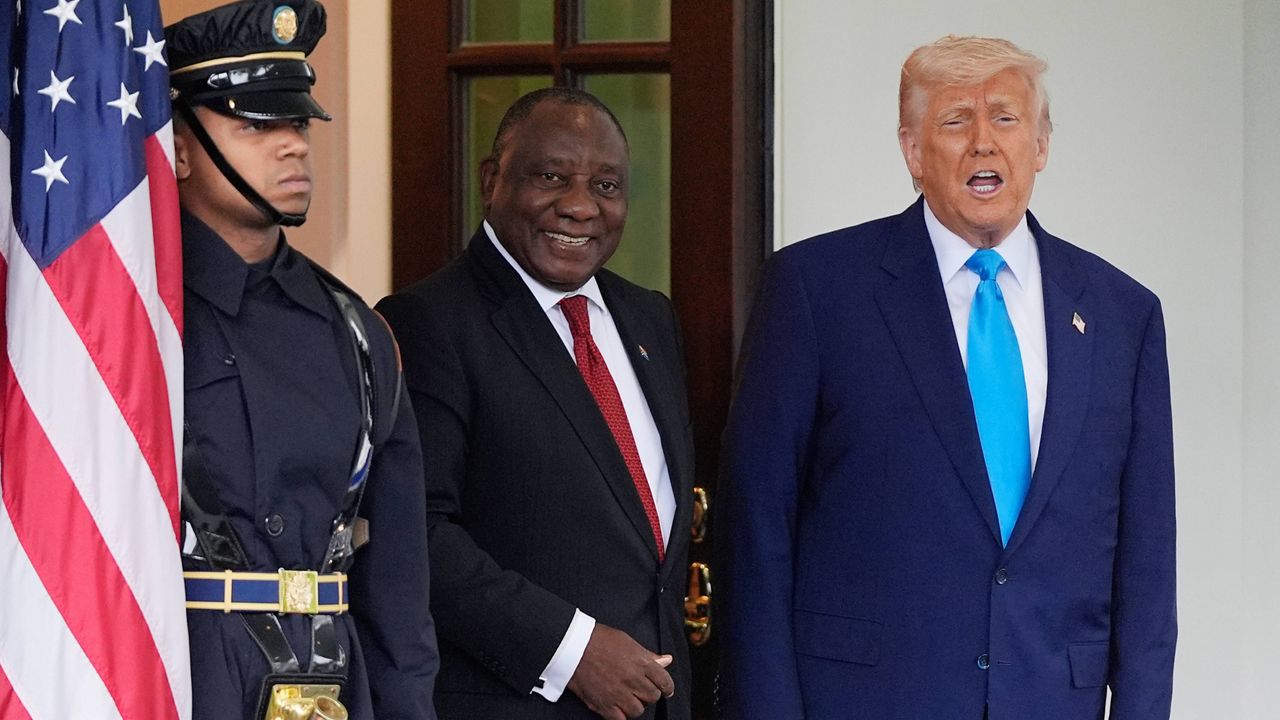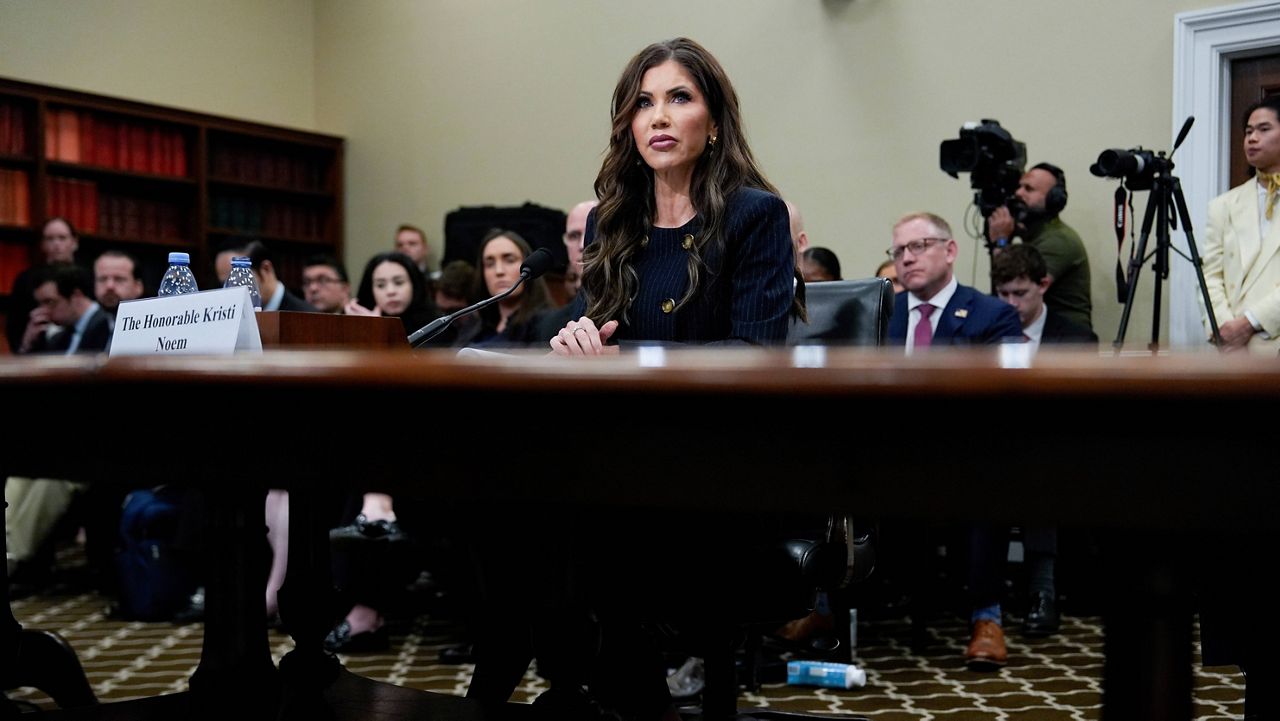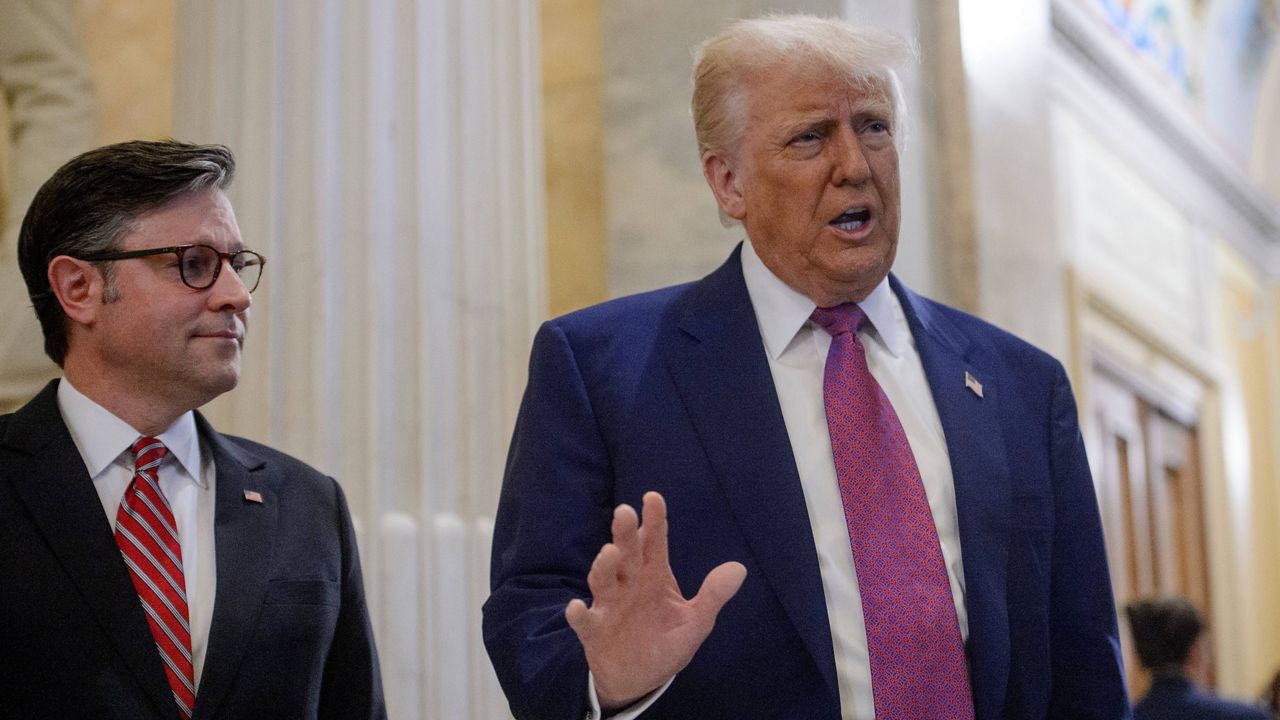WASHINGTON — WASHINGTON — The White House is proposing a budget for the federal government for the next fiscal year that would spend the least amount on nondefense programs since 2017, or 2000 when adjusted for inflation, a senior Office of Management and Budget official told reporters on a call on Friday.
It comes as the administration looks to implement sweeping cuts to items such as foreign aid, diversity, equity and inclusion initiatives, climate change measures and more in tandem with its far-reaching government downsizing campaign carried out by the U.S. DOGE Service while, at the same time, boosting funds going to defense and the border.
The official called the proposal “a pretty historic effort” to “deal with the bureaucracy that we believe has grown up over many years to be entrenched against the interests of the American people.
“We don’t think we knew the extent of the wastefulness, and DOGE has helped shine a light on that,” the official added.
The $1.7 trillion discretionary budget, which is not law but serves as a guideline and touchstone for Congress as it works out the legislation to set government spending in the 2026 fiscal year starting Oct. 1, asks for $557 billion in nondefense discretionary spending, marking a 22%, or $163 billion, cut from the current fiscal year, the OMB official said.
On the other hand, it calls for a 13% increase in spending on national defense, while the Department of Homeland Security, the foremost agency dealing with border security — a major priority of the president’s — would see a 65% increase. The official touted the budget as allowing for “historic levels” of Immigration and Customs Enforcement agents, Customs and Border Patrol officials, dollars to continue building a border wall and more.
“We think it is a historic commitment to both defense and homeland security,” the official said, adding it would also “begin to really have a historic effort to cut nondefense spending.”
The White House noted that some of the boost in defense and border spending would not come through the 2026 budget but rather in the massive bill implementing President Donald Trump’s legislative agenda on tax cuts, the border, energy and defense currently being worked out by the Republican majority in Congress.
As far as cuts, the proposal calls for about a $33 billion drop for the Health and Human Services Department, including more than $3.5 billion and nearly $18 billion less for the Centers for Disease Control and Prevention and National Institute of Health respectively while adding funds to a “Make America Healthy Again” initiative. Programs and grants for climate and science would also see cuts. At NASA, for instance, the only area that would receive a boost is human space exploration while other programs would see millions in cuts.
The White House is proposing a $12 billion cut for the Education Department, which Trump has pledged to shutter, while the Department of Housing and Urban Development would see a decrease of around $33 billion in spending.
The official referred to cuts to foreign aid in particular as “enormous,” saying that instead the administration is focusing on “targeted” dollars spent around the globe that benefits the American people.
In a statement, the top Democrat on the Senate Appropriations Committee, Sen. Patty Murray of Washington, slammed the proposal for slashing funding for initiatives “that matter immensely to families and our country’s competitiveness and future” while warning the “real cut may be far worse.”
“This preliminary budget proposal is exceptionally light on details we desperately need—but this much is clear: Trump wants to eviscerate programs that matter most to working families,” she wrote.
The proposal comes as Trump has tasked billionaire and special government employee Elon Musk with spearheading the massive government downsizing effort that has moved to dismantle entire agencies, cut thousands of federal employees and sought access to government data over the first three months of the new administration.
Asked how influential the downsizing effort was in the process, the senior official noted the two are “joined at the hip.”
As Congress looked to keep the government funded in the current fiscal year, House Speaker Mike Johnson, R-La., emphasized that implementation of DOGE cuts would come in the 2026 budget.
The reconciliation legislation currently being worked out, meanwhile, is expected to include tax cuts, including extending Trump’s 2017 Tax Cuts and Job Act, which the White House maintains would help address any potential economic woes for the American people from Trump’s far-reaching tariff agenda. Some moderate Republicans have expressed concerns about cuts to programs such as Medicaid during the process, despite Trump's pledge not to and instead only root out waste, fraud and abuse in it.

